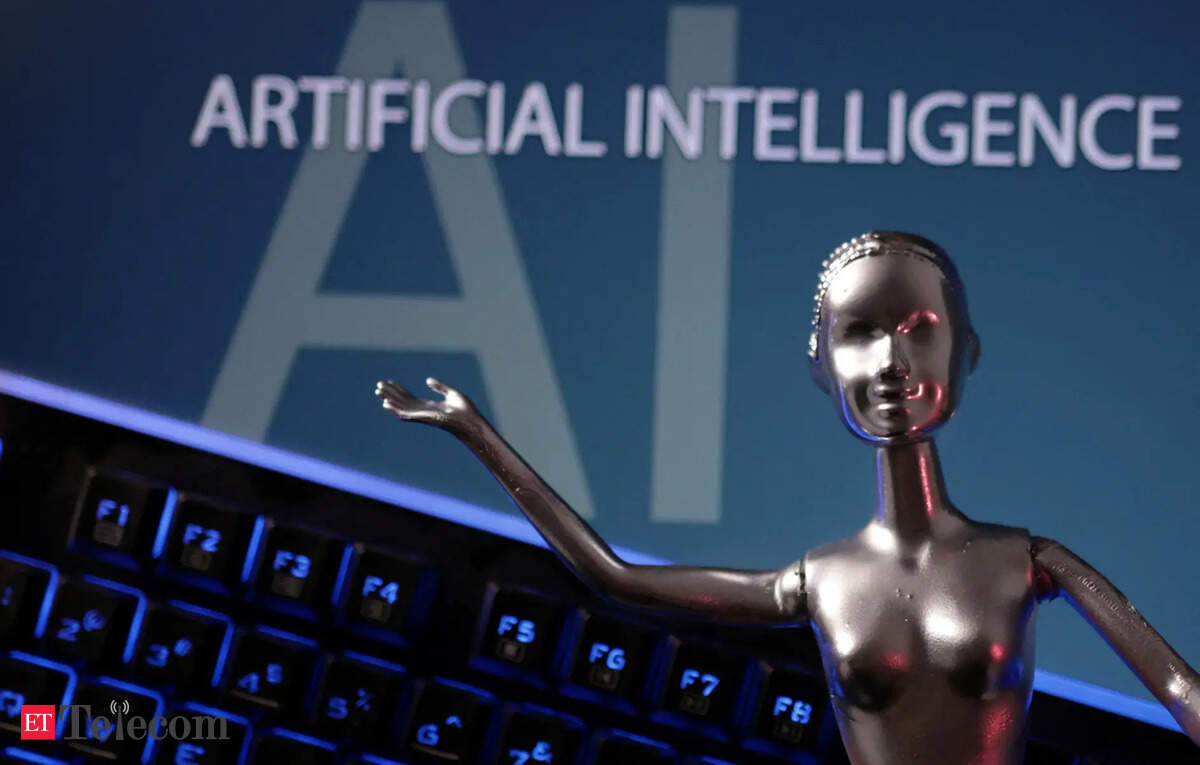US Judge Rules on Copyrighted Books for AI Training

A recent ruling by a US federal judge has set a potentially significant legal precedent in the deployment of artificial intelligence, specifically concerning the use of copyrighted books for AI model training. District Court Judge William Alsup sided with Anthropic, an AI company, stating that its training of Claude AI models with books—whether bought or pirated—was permissible under the 'fair use' doctrine of the US Copyright Act.
Judge Alsup emphasized the transformative nature of AI technology, stating in his 32-page decision that 'Use of the books at issue to train Claude and its precursors was exceedingly transformative and was a fair use.' He further elaborated, comparing AI training to the process by which humans learn through reading, asserting that 'The technology at issue was among the most transformative many of us will see in our lifetimes.'
The ruling comes amidst a broader legal landscape where numerous AI companies face lawsuits from musicians, authors, visual artists, and news publications. These lawsuits allege that AI entities have used their copyrighted data without permission or compensation. AI companies commonly defend their practices by invoking 'fair use,' arguing that training AI on vast datasets fundamentally transforms the original content and is essential for technological innovation.
An Anthropic spokesperson expressed satisfaction with the court's recognition of their works' transformative use, aligning it with copyright's fundamental purpose of fostering creativity and scientific advancement.
However, the judge's decision presents a 'mixed bag,' as noted by Keith Kupferschmid, chief executive of the US nonprofit Copyright Alliance. The ruling stems from a class-action lawsuit filed by authors Andrea Bartz, Charles Graeber, and Kirk Wallace Johnson, who accused Anthropic of illegally copying their books to train Claude, their AI chatbot.
While Alsup upheld the 'fair use' for the act of training, he rejected Anthropic's attempt to secure blanket protection for its broader practices. Crucially, the judge ruled that Anthropic's practice of downloading millions of pirated books to build a permanent, general-purpose digital library constituted copyright infringement, regardless of whether these copies were eventually used for training. Anthropic's stated aim was to amass a library of 'all the books in the world' for AI training.
Consequently, the case will now proceed to trial to determine damages related to these pirated library copies, with potential penalties including financial repercussions. Anthropic has stated its disagreement with proceeding to trial on this specific part of the decision and is evaluating its legal options.
Anthropic, founded in 2021 by former OpenAI executives, is valued at US$61.5 billion and heavily backed by Amazon. The company is known for its Claude chatbot and AI models, and it positions itself with a strong focus on AI safety and responsible development.











